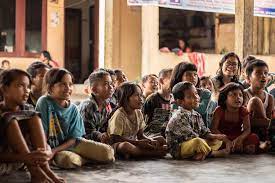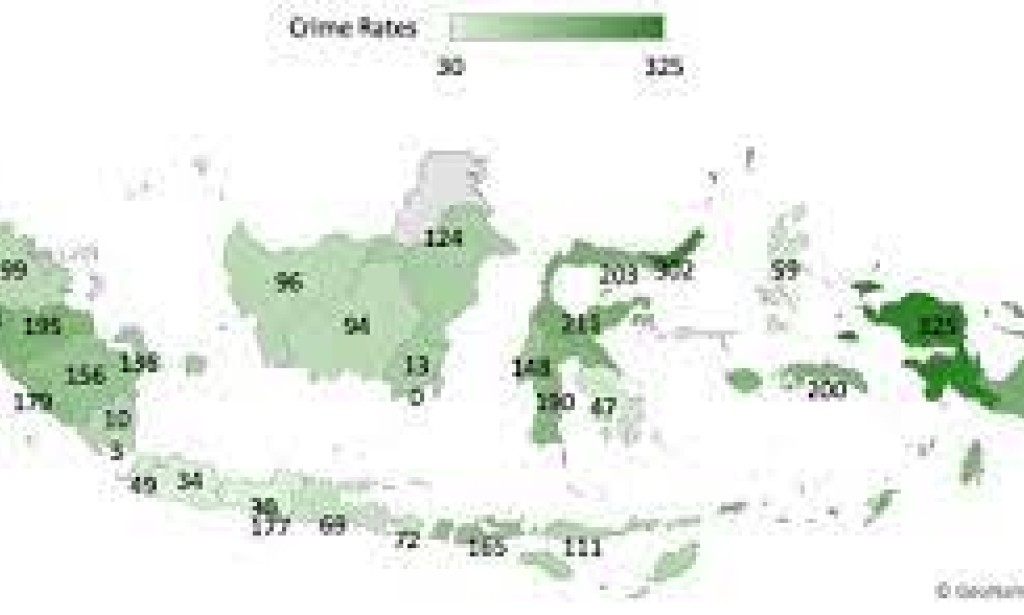CRIME AND POVERTY CORRELATION IN PAKISTAN.

TABLE OF CONTENT:
- Introduction
- Body
- Conclusion
INTRODUCTION:
Crime and poverty are two complex issues that have long plagued societies around the world, and Pakistan is no exception. The correlation between crime and poverty is a topic of great concern and study for researchers, policymakers, and social scientists. This essay aims to explore the relationship between crime and poverty in Pakistan, highlighting the various factors that contribute to this correlation and discussing the potential implications for society.
BODY:
Economic Disparity:
One of the key factors linking crime and poverty in Pakistan is the stark economic disparity within the country. Pakistan faces significant income inequality, with a large portion of the population living below the poverty line. When individuals and families struggle to meet their basic needs and lack access to quality education, healthcare, and employment opportunities, it can lead to desperation and resorting to illegal activities as a means of survival.

Lack of Education:
Poverty often denies individuals the chance to receive a proper education. Illiteracy rates in Pakistan are relatively high, particularly among the economically disadvantaged. Lack of education perpetuates the cycle of poverty, as individuals find it challenging to secure stable jobs and improve their socio-economic status. Uneducated individuals may also lack the necessary skills to engage in lawful activities, making them more vulnerable to involvement in criminal behavior.

Unemployment and Underemployment:
High levels of poverty in Pakistan contribute to unemployment and underemployment, particularly among the youth. Limited job opportunities lead to frustration and a sense of hopelessness, pushing individuals towards illegal activities as a means of survival or quick financial gain. Unemployed individuals may join criminal networks or engage in activities such as theft, drug trafficking, or other forms of organized crime.

Inadequate Social Services:
Insufficient access to social services, including healthcare, housing, and support for mental health issues, can exacerbate the link between poverty and crime. When individuals face dire circumstances without proper support systems, they may turn to illegal activities out of desperation or as a result of mental health issues that have gone untreated. Improving the availability and quality of social services is crucial in breaking the cycle of poverty and reducing criminal behavior.

Urbanization and Overpopulation:
The rapid urbanization and overpopulation experienced by major cities in Pakistan present additional challenges in addressing the crime-poverty correlation. Urban areas often concentrate poverty and lack the necessary infrastructure to support the growing population adequately. Slums and overcrowded neighborhoods become breeding grounds for criminal activities due to the lack of law enforcement, inadequate housing, and limited economic opportunities.

Weak Law Enforcement and Corruption:
The effectiveness of law enforcement agencies in combating crime is crucial to breaking the cycle of poverty and reducing criminal behavior. However, Pakistan faces challenges with weak law enforcement institutions, corruption, and the lack of resources allocated to combat crime effectively. This situation undermines the trust of the population in the justice system and perpetuates a culture of impunity, making it difficult to deter criminal activities and address the root causes of poverty-related crime.

CONCLUSION:
The correlation between crime and poverty in Pakistan is a multifaceted issue deeply rooted in socio-economic factors. Economic disparity, lack of education, unemployment, inadequate social services, urbanization, weak law enforcement, and corruption all contribute to this link. Addressing this correlation requires comprehensive and integrated strategies that focus on poverty alleviation, educational reforms, job creation, provision of social services, and strengthening law enforcement institutions.
Efforts should be directed towards improving access to quality education, promoting inclusive economic growth, investing in social infrastructure, and implementing effective crime prevention and rehabilitation programs. It is crucial to create an environment that offers viable alternatives to crime, empowers individuals through education and employment, and ensures equitable access to resources and opportunities.
By addressing the underlying causes of poverty and implementing comprehensive policies, Pakistan can break the cycle of crime and poverty.


You must be logged in to post a comment.